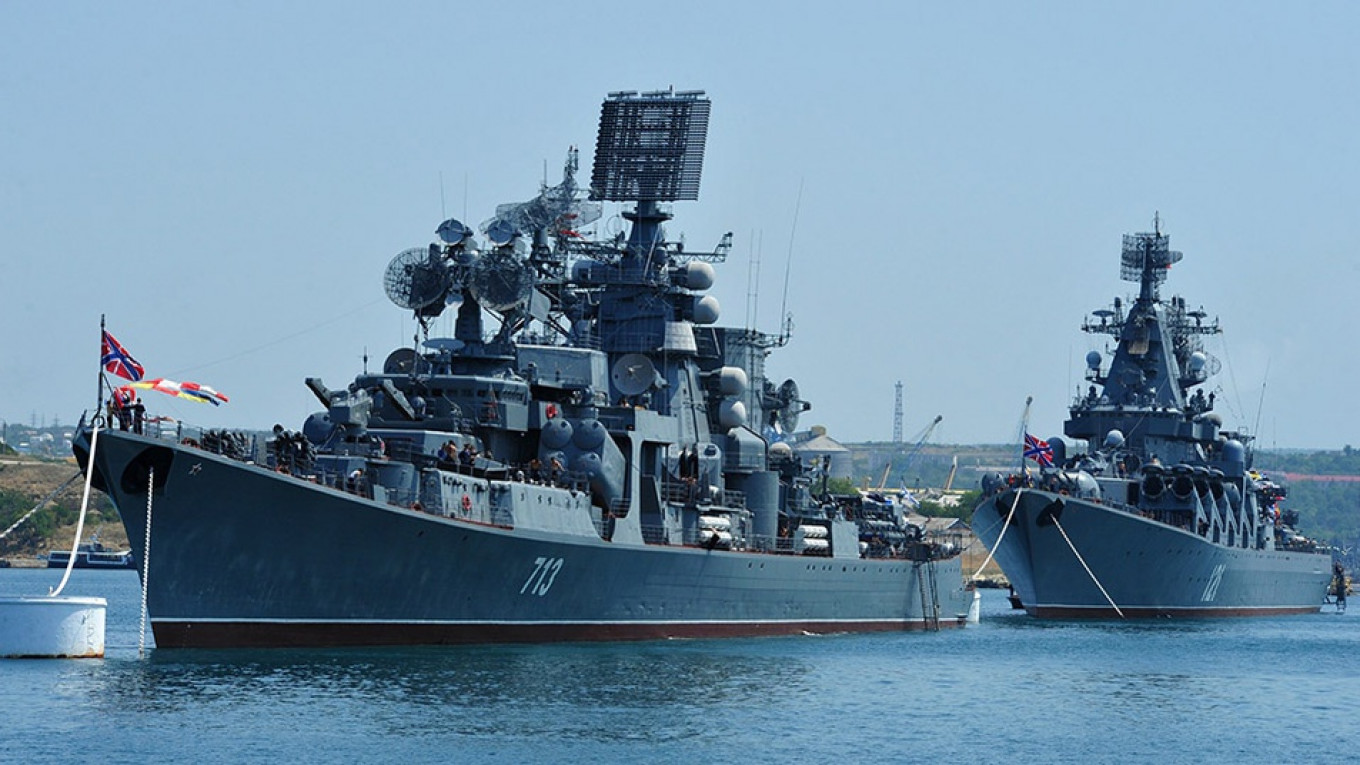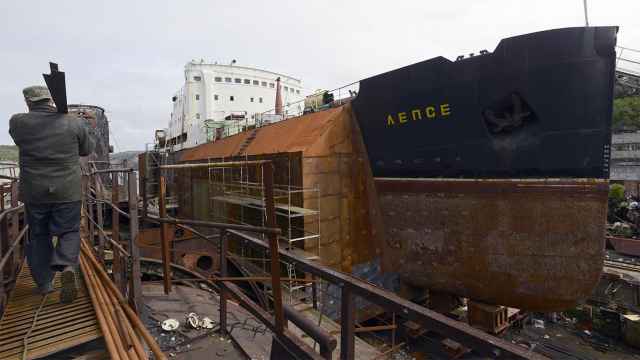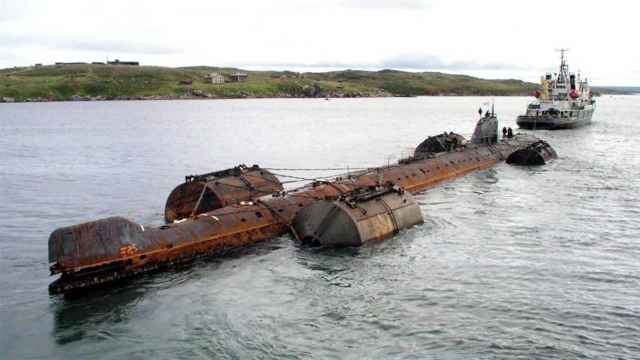Russia plans to restrict the passage of foreign warships in the Arctic Ocean next year, a top defense official has said.
Russia has worked hurriedly to reassert its military presence in the Arctic frontier and secure access to a strategic northern shipping corridor — the Northern Sea Route — between Asia and Europe. The corridor takes about two weeks less to traverse than the Suez Canal.
On Friday, Defense Ministry spokesman Mikhail Mizintsev said that Russia’s ministries were working on amending legislation that would require foreign warships to notify Russia before being able to pass through the Arctic.
The work will be completed by the time the waters are navigable in 2019, Mizintsev was cited by Interfax as saying at a conference on Friday.
Earlier this year, Denmark’s shipping giant Maersk tested the Northern Sea Route, completing a 37-day journey from the Pacific port of Vladivostok to the port of St. Petersburg in September. After the trip was completed, Maersk Chief Technical Officer Palle Laursen said that passage through the route was currently only feasible in three months out of the year.
In 2017, an International Monetary Fund (IMF) report found that climate change and the melting of the polar ice cap would free up navigation in the Arctic and benefit Russia economically.
Russia is fortifying the Arctic, pouring in money and missiles, building a new generation of nuclear icebreakers and opening new bases in the biggest Arctic military push since the fall of the Soviet Union.
No other country has a nuclear breaker fleet, which Moscow uses to clear channels for military and civilian ships.
Reuters contributed reporting to this article.
A Message from The Moscow Times:
Dear readers,
We are facing unprecedented challenges. Russia's Prosecutor General's Office has designated The Moscow Times as an "undesirable" organization, criminalizing our work and putting our staff at risk of prosecution. This follows our earlier unjust labeling as a "foreign agent."
These actions are direct attempts to silence independent journalism in Russia. The authorities claim our work "discredits the decisions of the Russian leadership." We see things differently: we strive to provide accurate, unbiased reporting on Russia.
We, the journalists of The Moscow Times, refuse to be silenced. But to continue our work, we need your help.
Your support, no matter how small, makes a world of difference. If you can, please support us monthly starting from just $2. It's quick to set up, and every contribution makes a significant impact.
By supporting The Moscow Times, you're defending open, independent journalism in the face of repression. Thank you for standing with us.
Remind me later.






